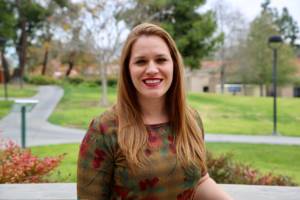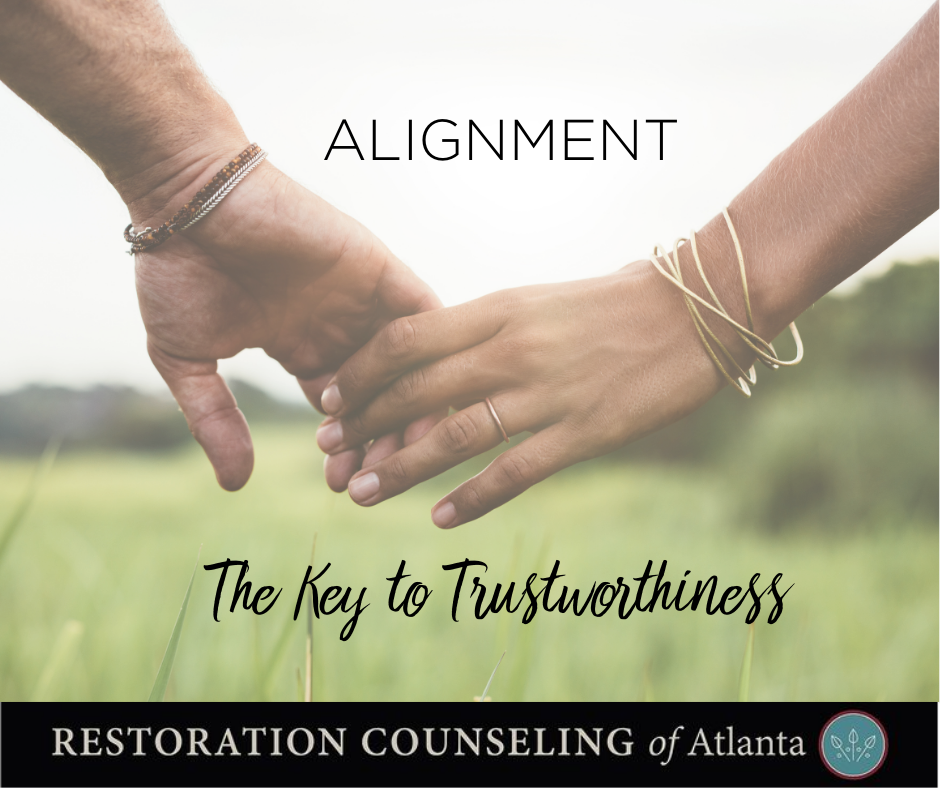What am I feeling and why?
Staring at the credit card balance dreading the damage your spouse will see after another out-of-control spending spree. Seeing the sting on your kid’s face after impatiently berating their weak spots and being washed with guilt over the repeated harshness. Feeling your heartbeat throbbing in your ears as you see a response flash across your phone from the ex you messaged as your spouse sits next to you. Receiving sober feedback from your doctor regarding health implications surfacing if the unused gym membership, unhealthy eating patterns, and stress continue on the current trajectory. Can I trust myself?
What do I do with the feelings?
Realities threatening to be seen by others feels like a pit in our stomach beginning to form. We immediately want to declare the behavior as an anomaly and double down on efforts to finally develop the self-discipline that has seemed to elude us time and time again. Another automatic reaction is to turn a blind eye towards our actions, shirk taking responsibility, and allow reality to continue to run rampant in the background. This often unintentional self-deception isolates and banishes parts of our person to the shadows and sets us up to deceive others as a result.
“Where there is deception, there is no relationship.” – Henry Cloud
Who am I?
Unpleasant corners of our life create internal conflict as “who we are’ collides with ‘who we thought we were’ or ‘who we hope to be.’ External conflict is added to the mix as these areas of incongruence explicitly or implicitly impact our relationships. Conflicting questions about our reliability and dependability begin to rise to the surface in our minds. These unchecked conflicts start to erode trust over time because trust builds via congruent patterns over time.
Am I trustworthy?
Problems arise due to our thoughts, feelings, and actions failing to line up consistently. This disorder brings confusion and disorientation, and the best route forward is to pursue alignment.
Our typical frantically denying or performing approach is often much like a child’s response to their parent’s confrontation of their behavior. We often tend to reassure that the future will be different. When our weaknesses are exposed, we want to find reprieve from the guilt and shame as quickly as possible, and this approach shortchanges the exploration necessary to fully take stock of what went wrong in the first place. It can be understandable for those impacted to be hurt, angry, and sad. This is especially true with significant incongruence that brings trauma, met with the weight of judgment. This makes this investigation impossible and encourages compliance or performance, neither of which will sustain growth. A third party may be needed for both the offending and offended to allow room for honest expression.
“Out beyond ideas of wrongdoing and rightdoing, there is a field. I’ll meet you there.” – Rumi
Do I see clearly?
Tripping and falling into a mud puddle of our own doing is an awful experience by itself. We are covered in mud, soaking wet, and may have splashed water and dirt on others when we fell. We are cold, dirty, and soaked and ashamed and confused regarding how we ended up here. Imagine having someone stand over you, screaming at you for falling into the puddle. Berating you, accusing you, and harshly threatening that you must do better. This may reinvigorate effort, but willpower alone always fails due to a lack of resources.
If we can postpone the judgment for a moment, we can honestly explore the unexpected contributing factors keeping us stuck and falling into the same pattern. The first area to press into is honesty regarding our thoughts, feelings, and behaviors.
Am I honest with myself?
We can have a way of falling asleep to our own thoughts, feelings, and behaviors. Human beings are naturally highly adaptive and learn how to edit the image presented. David Benner in The Gift of Being Yourself describes it this way, “powerful conditioning…encourages us to acknowledge only the most acceptable parts of our self. And the parts of self that are not given a place at the table become stronger, not weaker. Operating out of sight and beyond awareness, they have an increasing influence on our behavior.” Throughout the years, we carefully craft a presentation that seems acceptable and appropriate. Our internal editor gets so adept at fighting the parts perceived to be unacceptable that we lose our ability to be honest with ourselves and others. The following are a few steps on the path forward towards decreasing deception and increasing integrated living.
Practice noticing thoughts, feelings, and behaviors.
Beginning to notice without judgment our own thoughts, feelings, and behaviors is the path towards change. These areas of our life provide much-needed feedback regarding deep realities contributing to how we function in this world and relationships. Notice the areas you fight against such as anger, emotional needs such as comfort or compassion, desires, longings, passions, jealousy, pulls to hide or withdraw, disappointment, compulsions, and where you tenaciously focus your time, energy, and resources. Pay attention to motivations, intentions, and driving forces underneath the surface. The important element here is to intentionally get to know your mind, heart, and actions from a neutral place of observance. This is the purpose of testing from God. It is not a setup to fail, but rather an opportunity to recognize that a new part of our being has been in isolation for years and needs reentry into a relationship with ourselves, God, and others. Welcome these parts back to the table and notice the parts of you that want to fight against these realities. See how that fight is seeking to protect you.
Practice confessing the truth to yourself, God, and others.
Once we lay down our efforts at battling the reality of our thoughts, feelings, and behaviors, we can begin to drag them into relationship through sharing them with God and others. We typically shy away from sharing due to fears of rejection or judgment. This can be the place to begin practicing confessing. Start with the fear and test safety and trustworthiness in others by their response to your fears. Once safety has been established, we can step deeper into our confession to explore the unpleasant corners that seem to elude our will-powered efforts at improvement despite our best efforts. Connection precedes change, and our bad habits, critical thoughts, and unwieldy feelings need to be understood for transformation to occur.
Grieve realities and learn receive.
This part of the process can help us explore the areas of life, ourselves, and others that have failed to deliver as we expected. The marriage that is disconnected and empty. The unwanted habit that causes significant shame and guilt. The limitations of our willpower, skill, and energy to accomplish our career goals. It can be painful to collide with the external and internal realities surrounding us. Typically, we numb, run, distract, and avoid this pain, hoping it will go away. But the path forward is to embrace our pain. We must allow it to stir up our unmet longings and needs. To allow it to teach us, unthaw our heart and revive the awareness of our need for God and others. To allow it to help us journey toward wholeness once our isolation has been undone.
Underneath many of our troubled spots is a need for a relationship with God and others. Unmet needs for comfort and connection can fuel our pornography addiction. The drivers behind our incessant busyness can cause us to rail against the reality that we have limited resources as a human being. Becoming a person who practices the beatitudes begins to reclaim our childlike stance with God and our interdependent stance with others.
Microshifts over Time with Helpful Structure
When faced with our own unpleasant corners, we tend to go overboard with our promises and plans to change. Without taking stock of the entirety of the problem corner, our reactivity causes disappointment for ourselves and others when real change fails to occur. The focus is best placed on identifying new choice points via the increases, noticing, and making small shifts trending in the desired direction. Structure can also be deeply helpful to accomplish change via incentive or consequence. We must pay attention to our sensitivity to shifting into performance mode versus truly integrated transformation in this area. If consequences are involved, connecting amid those consequences can help avoid discouragement, despair, and decline due to black and white thinking. The pursuit is to fail forward with increased acclimation to reality, which contributes to giving more accurate commitments.
As we begin to implement these practices, people begin to feel the consistency in our character — who we say we are is who they experience in our relationship. Points of inconsistency are acknowledged, owned, and their impact is considered. Perfection is not required. However, as we learn to repair breaches of trust and take steps to grow in those areas, we become more and more able to be trusted. This process unfolds over and over throughout our lives as we begin to notice new places in need of integration. Never arriving but instead consistently becoming.
 Written by: Becca Cline, LPC
Written by: Becca Cline, LPC
Roswell Location
becca@restorationcounselingatl.com, ext. 156
Becca has received extensive training with Dr. John Townsend, New York Times best-selling author of Boundaries, and has completed training in his Competence + Character growth model. She is currently completing the Townsend Leadership Program, which focuses on achieving strategic goals to pursue improved performance personally and professionally.
Becca works with male and female clients who are 13 years or older. She sees couples, families, and individuals. She has worked with clients dealing with various issues, including depression, anxiety, addiction, grief/loss, trauma, abuse, spiritual issues, sexuality, family of origin issues, codependency, anger, and interpersonal and relationship issues. Becca also has experience running process groups.

